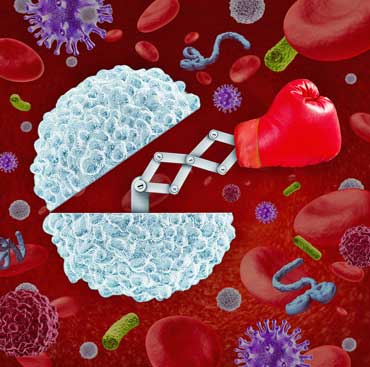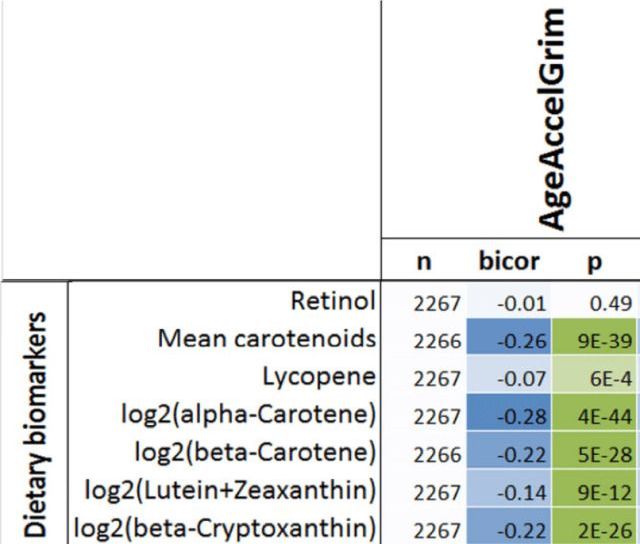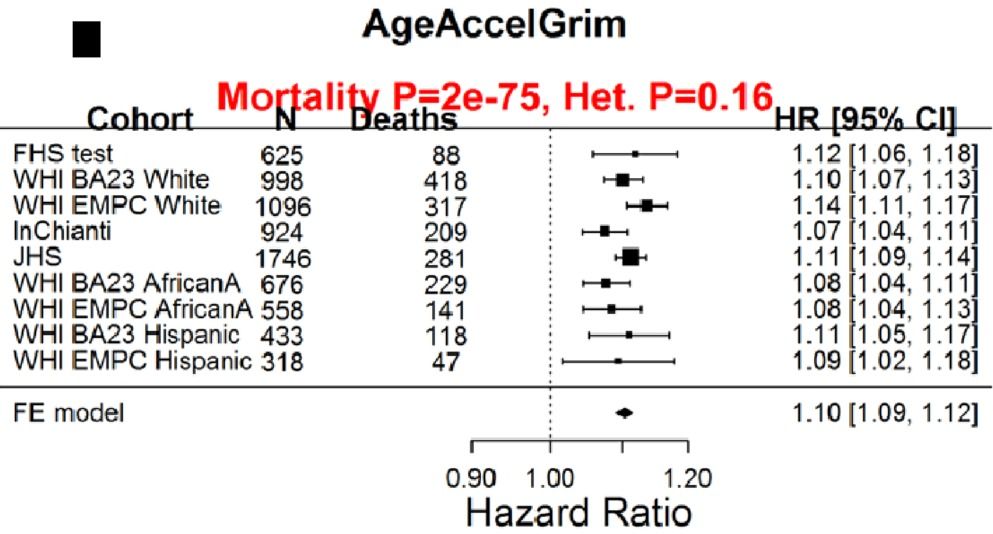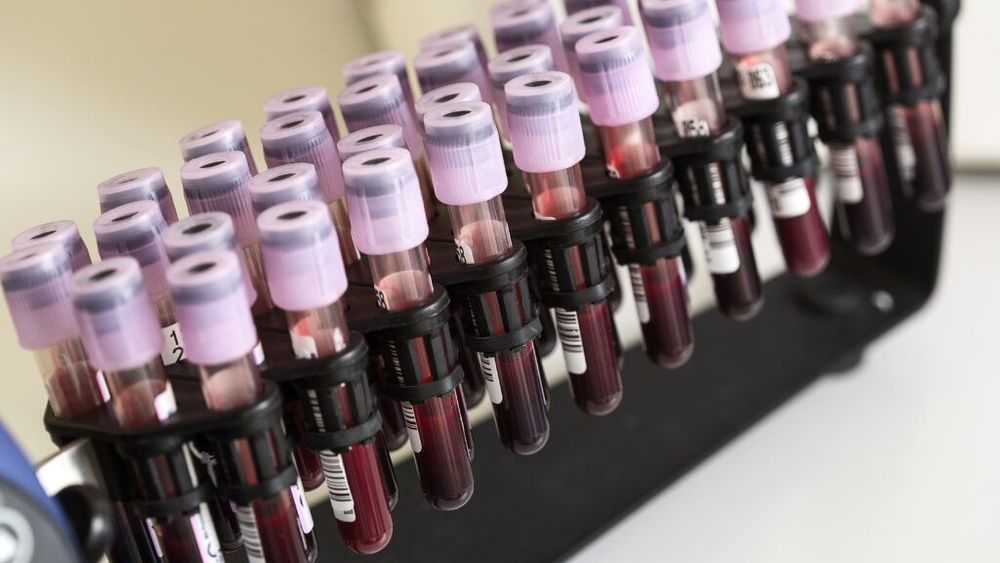Last week, a woman named Victoria Gray became the first person in the U.S. to have her cells edited with CRISPR. The 41-year-old patient was suffering from sickle cell anemia.
RELATED: FIRST HUMAN TRIAL USING CRISPR GENE-EDITING IN US BEGINS
The condition, caused by a genetic mutation that messes with the shape of red blood cells, causes havoc on patients, and to make things even worse, the options for treatment are very limited and ineffective. The only current treatment for sickle cell anemia patients is a donor transplant that works for just 10% of patients, but all that is about to change.






